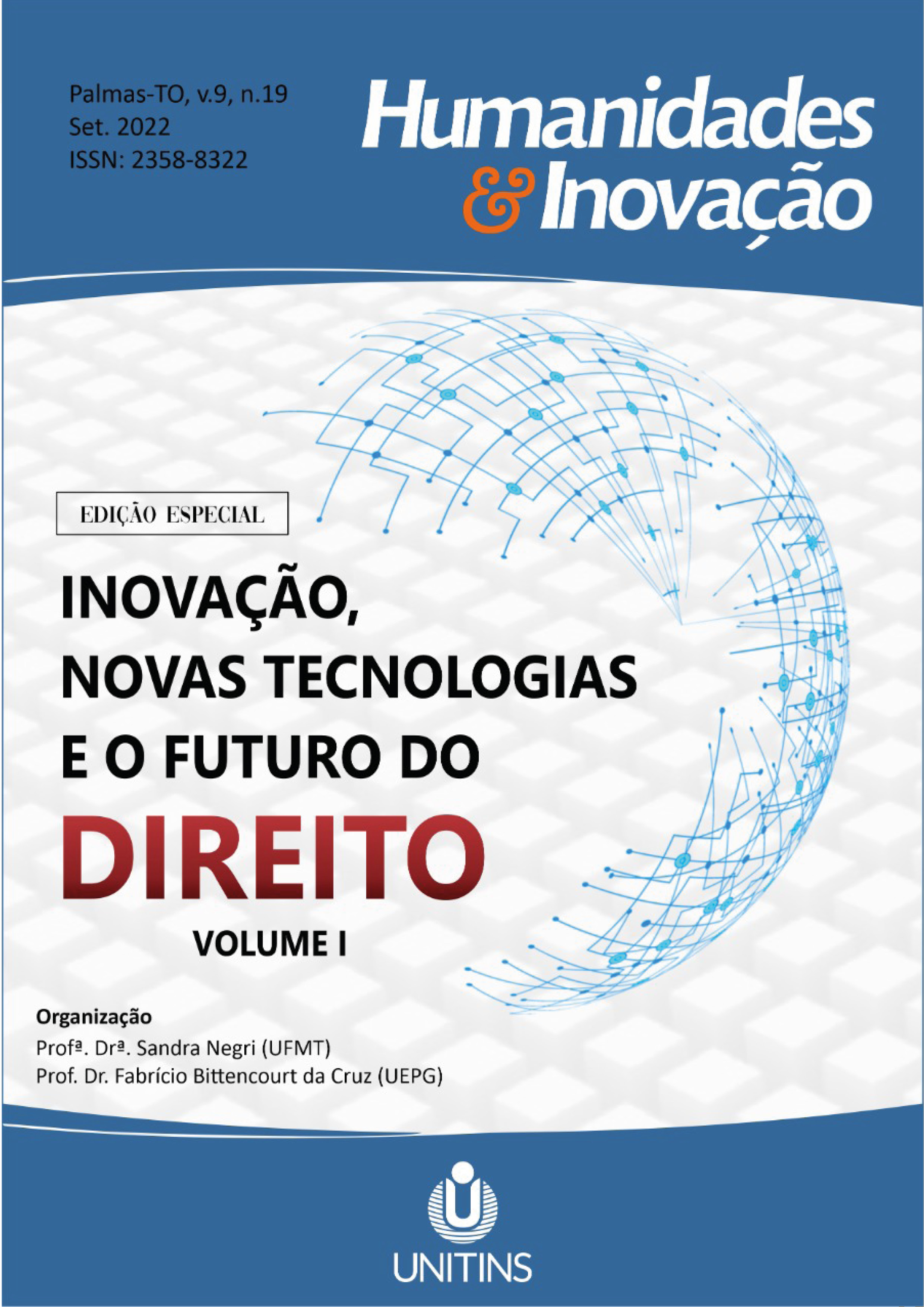DESAFIOS NA IMPLEMENTAÇÃO DA NOVA GESTÃO PÚBLICA NA JUDICATURA PORTUGUESA: O JUIZ TRADICIONAL VERSUS O JUIZ GESTOR
Abstract
O objetivo deste presente trabalho é analisar a problemática da alteração de papéis na judicatura portuguesa, como consequência da implementação de reformas inspiradas na Nova Gestão Pública. Teoricamente, é aprofundado o trade-off entre o controle político e a autonomia das agências, os diferentes papéis desempenhados pelo Estado e as tensões e conflitos da Nova Gestão Pública. O trabalho segue uma abordagem qualitativa e, como técnica de análise de dados, é utilizada a análise de conteúdo. Conclui-se que o novo modelo de gestão dos tribunais em Portugal conduziu a desafios no sistema de justiça, nomeadamente, no que diz respeito aos conflitos e ambiguidades sentidas pelos juízes.
References
BOUCKAERT, Geert; PETERS, Guy; VERHOEST, Koen. Janus faced re-organisation: Specialisation and co-ordination in four countries in the period 1995-2005. In: EUROPEAN GROUP OF PUBLIC ADMINISTRATION (EGPA). Milan, 2006. Disponibilidade em: https://steunpuntbov.be/rapport/s0106042_egpa.pdf. Acesso em: 16 dez. 2021.
CORREIA, Pedro Miguel Alves Ribeiro. Sobre o SIADAP, a Teoria Institucional e o Ministério da Justiça em Portugal. Scientia Iuridica: Revista de Direito Comparado, v. 60, n. 325, p. 101-130, 2011.
CORREIA, Pedro Miguel Alves Ribeiro. Ministério Público n.0 – Sobre como institucionalizar uma Mentalidade Orientada para a Qualidade. In: QUALIDADE NA JUSTIÇA, QUALIDADE DA DEMOCRACIA, X CONGRESSO DO MINISTÉRIO PÚBLICO. Vilamoura, 2015. Disponibilidade em: https://www.researchgate.net/publication/315775429_Ministerio_Publico_n0_-_Sobre_como_Institucionalizar_uma_Mentalidade_Orientada_para_a_Qualidade. Acesso em: 3 jan. 2022.
CORREIA, Pedro Miguel Alves Ribeiro & BILHIM, João Abreu Faria. O impacto dos Sistemas de Avaliação na satisfação dos colaboradores: o caso dos serviços do Ministério da Justiça. Revista de Direito Constitucional e Internacional, v. 112, 2019.
DIEFENBACH, Thomas. New public management in public sector organizations: the dark sides of managerialistic ‘enlightenment’. Public administration, v. 87, n. 4, p. 892-909, 2009.
DUNN, William; MILLER, David Young. A critique of the new public management and the neo-Weberian state: advancing a critical theory of administrative reform. Public Organization Review, v. 7, n. 4, p. 345-358, 2007.
MORRIS, Jonathan; FARRELL, Catherine. (2005). The 'Post-Bureaucratic' Public Sector Organisation? New Organizational Forms. Management Research News, v. 28, n. 9, 2005.
GUIMARÃES, Tomás Aquino; GOMES, Adalmir Oliveira; CORREIA, Pedro Miguel Alves Ribeiro; OLIVEIRA, Inês; PIAZENTIN, Tânia. Role conflict and role ambiguity in the work of judges: the perceptions of Portuguese judges. Brazilian Journal of Public Administration, v. 51, n. 6, 927-946, 2017.
HOOD, Christopher; DIXON, Ruth. What We Have To Show for 30 Years of New Public Management: Higher Costs, More Complaints. Governance, v. 28, n. 3, 2015.
KANE, John; PATAPAN, Haig. In search of prudence: The hidden problem of managerial reform. Public Administration Review, v. 66, n. 5, p. 711-724, 2006.
PETERS, Guy. The Changing Nature of Public Administration: From Easy Answers to Hard Questions. Public Policy and Administration, v. 5, p. 7-20, 2003.
POLLITT, Christopher; BOUCKAERT, Geert. Public Management Reform: A comparative analysis. 4 ed. Reino Unido: Oxford University Press, 2011.
POLLITT, Christopher; BATHGATE, Karen; CAULFIELD, Janice; SMULLEN, Amanda; TALBOT, Colin. Agency Fever? Analysis of an International Policy Fashion. Journal of Comparative Policy Analysis: Research and Practice, v. 3, p. 271-290, 2001.
SCHILLEMANS, Thomas; BUSUIOC, Madalina. Predicting public sector accountability: From agency drift to forum drift. Journal of Public Administration Research and Theory, v. 25, n. 1, p. 191-215, 2014.
Copyright Notice
The submission of originals to this periodic implies in transference, by the authors, of the printed and digital copyrights/publishing rights. The copyrights for the published papers belong to the author, and the periodical owns the rights on its first publication. The authors will only be able to use the same results in other publications by a clear indication of this periodical as the one of its original publication. Due to our open access policy, it is allowed the free use of papers in the educational, scientific and non-commercial application, since the source is quoted (please, check the Creative Commons License on the footer area of this page).











